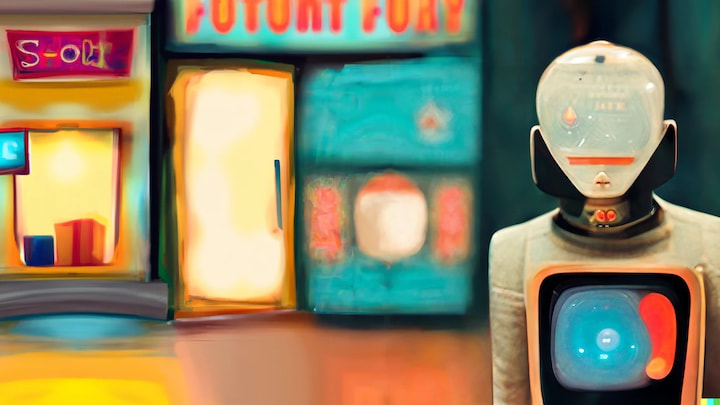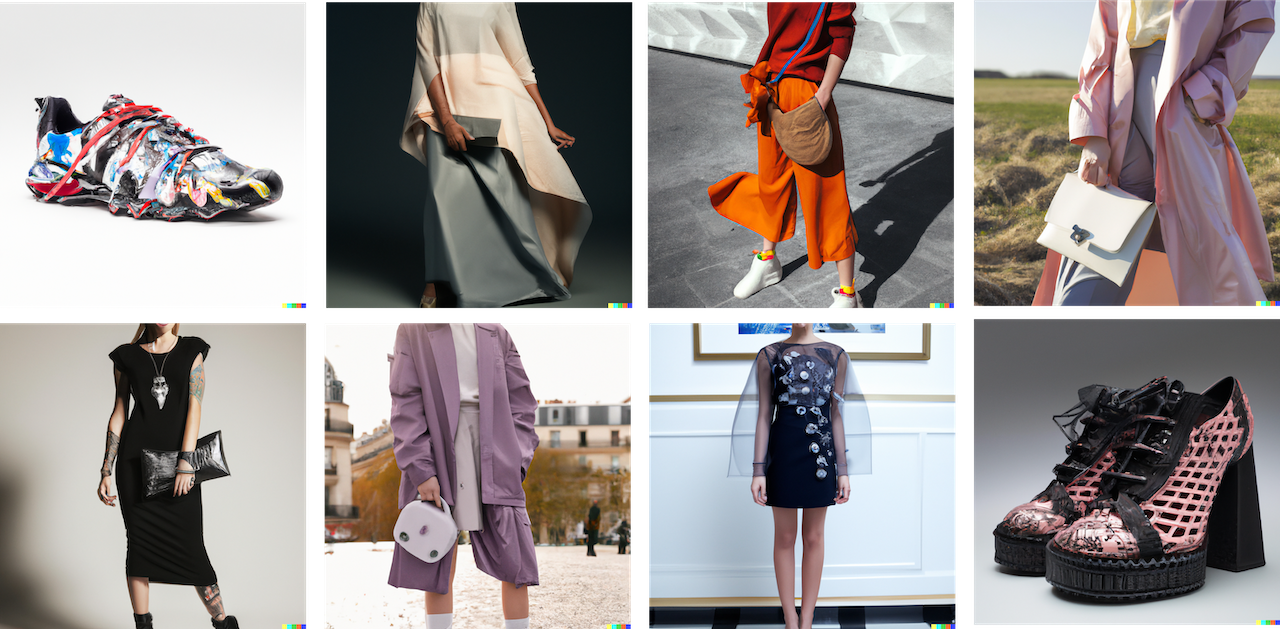|
Every exponential curve eventually takes you by surprise. Even if you’re watching. In generative artificial intelligence, for me, that moment was last week. I’ve played with it since 2017. But I looked at it as a toddler writing or drawing. The effort and creativity were endearing. Though I felt it had a long way to go. Earlier this year, my views started changing. It genuinely impressed me to play with text-to-image engines like Midjourney, Dall-E and Stable Diffusion. And looked ahead at their siblings text-to-3D and text-to-video. Not to mention Text-to-VR. And then I played with ChatGPT I realised our toddler had become a 17-20-year-old student. Not yet an expert, but writing more-than-half-decent essays, poems, computer code and Excel macros. I even got it to write an article ‘in the style of Alain Thys’. The functionality has meanwhile been disabled, but it came close enough to give me a chill. Soon, the college student will become a professional adult. Which makes 2022 a Gutenberg moment. A moment where a new technology is introduced that has the potential to ‘change everything’. Not just to make drawings or write copy. But also to make new medicines. Solve puzzles. Improve diplomacy. Do things we cannot even imagine today. Especially when combined with the innovations that are happening in almost every other field. So in this newsletter, I try to make three predictions about how generative AI will start changing my own ‘customer’ domain. I’m gazing at a crystal ball, which isn't really science. So if you see ways to improve on my thoughts, don’t hold back. Let’s do this! Impact #1. Digital mass customisation and personalisation become the norm. Yesterday, my keynotes featured extreme personalisation as a ‘future trend’. Today, I can already see how the combined existing technologies will create words, images, videos, 3D objects and VR environments in real time. This allows them to provide individually tailored product recommendations, content, or even interactive experiences. If I can imagine it, that means someone is building it. If someone is building it, tomorrow’s customer will expect it. The only question is which brand or business gets there first. Recommendation: Optimise your current customer experience, but also start imagining how it should look by 2025-2027. This may be very different than today. Impact #2. Product development / supply chains get redesigned. Even without formal training, generative AI allows me to design new products at speeds no traditional designer can follow. A few months ago, I created a complete fashion brand. The computer designed, I iterated improvements with my fashion designer son, and ‘pictures to put on a website’ were ready in a day. Soon, it’s realistic to do this in AR or VR. Connect this to a design and pattern software like Clo3D, and you're done. If I can create, test and improve products by typing words, so can anyone. Even a customer. All that’s then needed is a ‘made-to-order’ supply chain, and traditional retail or even warehouse models are suddenly feeling pretty antiquated. Recommendation: Imagine being a startup who wants to use the new possibilities to 'destroy' your supply chain. What would you do? Once you know, beat them to it. Impact #3. Humanity makes its comeback. AI’s brute force approach of combining data into an infinite number of mutations makes it inevitable that its creative designs, chatbots, recommendations and tailored experiences become ever more accurate. Ubiquitous. Even perfect. But that icy perfection is cold. As humans, we’ll know that machines don’t have a soul. AI will make our lives even faster, cheaper, and more efficient. Especially in mass-markets. But at the premium end, we’ll increasingly pay for humanity. Craftsmanship. Story. Real creativity. Wabi-Sabi. Emotion. After all, until further notice, humans still pay the bills. Recommendation: Double-down on digitalisation, but don't lose your humanity in the process. Anyone can build a machine. But machines cannot build relationships. What do you think? I admit, my crystal ball is still foggy. And change always takes longer than you think. But since last week, I’m convinced we’ve passed a tipping point in which my world of customer relations, and perhaps the world at large, will never be the same. So it’s time to change as well. #Darwinmodeactivated Do you want to explore differentiation in an AI world?
Then contact me for a chat over virtual coffee. We can spar a bit about getting your customer experience ready for 2025 and beyond and making sure you keep delivering moments that matter to your customers. I’m sure it will be an interesting conversation! ☕️ I look forward to hearing from you! Leave a Reply. |
AuthorAlain Thys helps leaders in large organisations drive profit and growth through customer transformation. Archives
March 2024
Categories
All
|




 RSS Feed
RSS Feed

12/14/2022
0 Comments